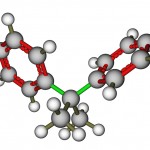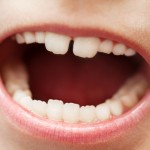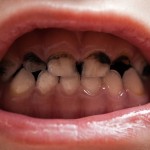
The release of Bisphenol-A (BPA) from dental resins has attracted attention from researchers, and it has been described as an endocrine disruptor chemical. The aim of this review was to assess the short- and long-term release of BPA in human tissues (saliva, blood serum and urine) after treatment with dental pit and fissure sealants. Searches [read the full story…]






